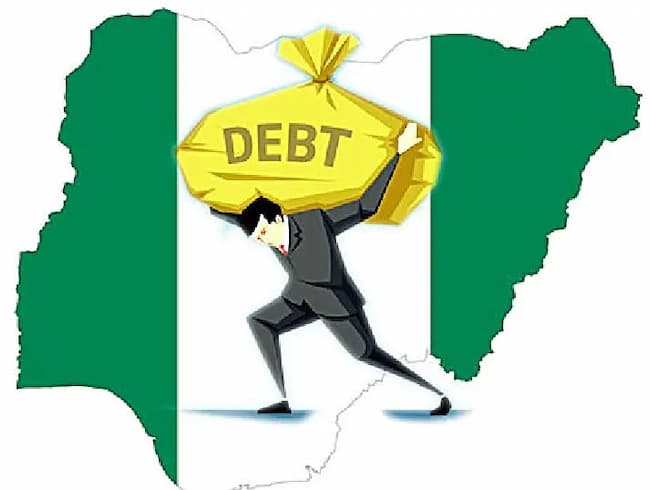In 2024, Nigerians are set to face an arduous 18-month economic recovery period, transitioning from stagflation to growth. This journey will be marked by the imposition of a high-interest rate regime to curb inflation, persistent scarcity of foreign exchange in the NFEM, and reliance on the parallel market for support.
To weather the economic storm, experts advise constant hedging by diverting excess liquidity and profits into assets that retain value. The recommended benchmark for year-end value retention is set at ₦1,500-₦1,800/US$.
The nation’s current debt burden of US$130 billion, serviced by 95% of revenues, raises concerns about sustainability. Adding a US$10 billion budget deficit to the equation prompts speculation about a potential default, akin to situations in Ghana, Zambia, and Ethiopia. Calls for debt restructuring, both domestically and externally, must be addressed alongside ongoing economic reforms and revenue drives to avert Paris and London Club imposition. Despite sound economic fundamentals, historical leadership failures have hindered Nigeria’s growth potential. With a new, highly-rated economic management team in place, the nation awaits tangible results, as the success or failure of economic projections hinges on their commitment to implementing reform policies and steering the economy towards sustainable GDP growth targets.
Download the full report Here













